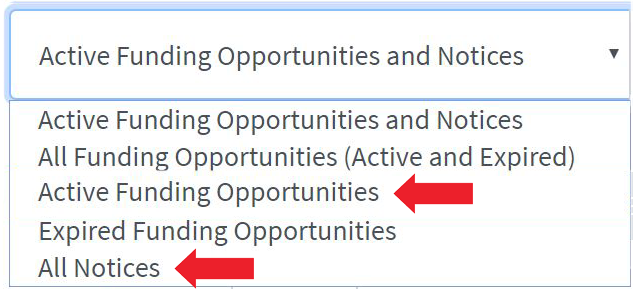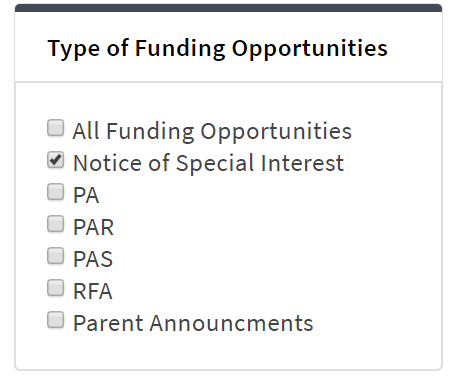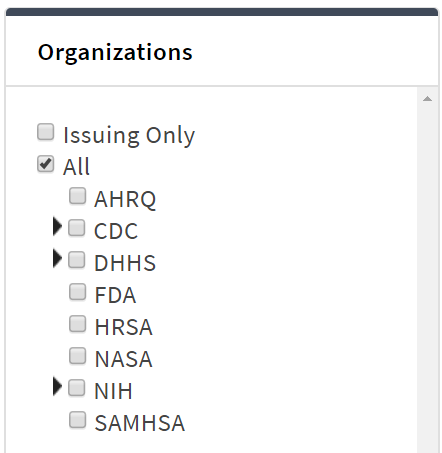
Announcement Number: HRSA-20-014
Bureau/Office: Bureau of Health Workforce
Date(s) to Apply: 01/21/2020 to 04/13/2020
Estimated Award Date: 09/01/2020
This program supports training programs that enhance and expand paraprofessionals knowledge, skills and expertise. It aims to increase the number of peer support specialists and other behavioral health-related paraprofessionals who work on interprofessional teams to provide services to children whose parents are impacted by opioid use disorders (OUD) and other substance use disorders (SUD), and their family members who are in guardianship roles.
There’s a special focus on demonstrating knowledge and understanding of the specific concerns for children, adolescents, and transitional aged youth in high need and high demand areas who are at risk for mental health disorders and SUDs.
Your organization is eligible if it is a state-licensed mental health nonprofit or for-profit organization. Your organization must be able to support programs for pre-service or in-service training of paraprofessional child, adolescent, and transitional aged youth mental health workers.
These training programs can include behavioral health-related paraprofessional occupations such as peer support specialist, peer support counselor, community health worker, outreach worker, behavioral health aide, social services aide, substance abuse/addictions worker, youth worker, and promotor/a (for full list of occupations see the Paraprofessional definition in section VIII of the NOFO).
For the purpose of this NOFO, organizations may include academic institutions (e.g. universities, community colleges and technical schools). They must be accredited by a nationally recognized accrediting agency, as specified by the U.S. Department of Education.
Domestic faith-based and community-based organizations, tribes, and tribal organizations may apply for these funds, if otherwise eligible.
Individuals are not eligible to apply.
In addition to the 50 states, eligible entities include the District of Columbia, Guam, the Commonwealth of Puerto Rico, the Northern Mariana Islands, American Samoa, the U.S. Virgin Islands, the Federated States of Micronesia, the Republic of the Marshall Islands, and the Republic of Palau.









